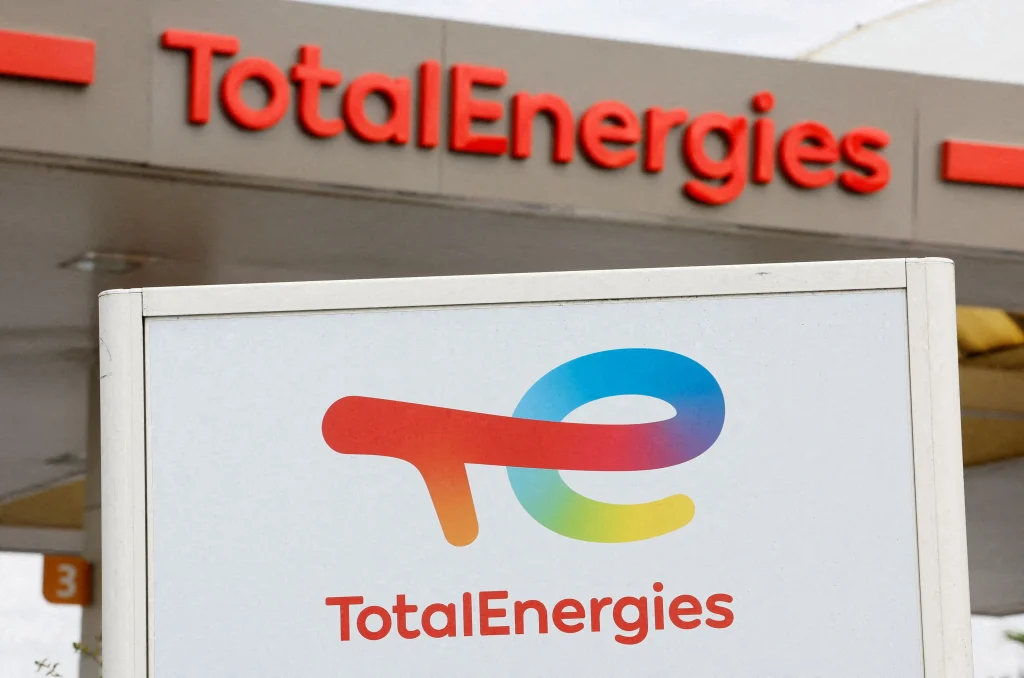 In response to the lasting impacts of the COVID-19 pandemic, Ghana’s corporate sector has increasingly adopted a hybrid work model, blending remote and on-site work. This shift marks a major transformation for industries that previously operated on a traditional office-based system. Companies across sectors such as finance, technology, and media have implemented flexible work arrangements, with many citing enhanced productivity and improved employee satisfaction as key drivers for the change.
In response to the lasting impacts of the COVID-19 pandemic, Ghana’s corporate sector has increasingly adopted a hybrid work model, blending remote and on-site work. This shift marks a major transformation for industries that previously operated on a traditional office-based system. Companies across sectors such as finance, technology, and media have implemented flexible work arrangements, with many citing enhanced productivity and improved employee satisfaction as key drivers for the change.
Ghana’s hybrid work model gained momentum as companies found remote work effective during pandemic restrictions. Now, with COVID-19 cases stabilizing and restrictions easing, many organizations are choosing not to return fully to pre-pandemic work structures. Large corporations, including financial institutions and multinational tech firms, have introduced flexible schedules, where employees split their workdays between home and office settings. This model is seen as a strategic response to evolving workplace needs and to attract and retain talent.
A recent survey by Ghana’s Institute of Human Resources and Development (IHRD) highlights that over 60% of participating companies have either adopted or plan to adopt a hybrid model. The survey found that employers are focusing on balancing remote work’s convenience with the collaboration benefits of in-office presence. These businesses report improved employee satisfaction and note that productivity levels have either remained stable or increased under the new model.
Local businesses have also noted cost-saving benefits from hybrid work. With fewer employees present on-site each day, companies can reduce spending on office utilities and facilities. Some organizations have even downsized their physical office spaces to fit the needs of a hybrid model, further cutting costs and reallocating resources to technology investments that support remote work.
However, the transition has posed challenges. Ghana’s inconsistent internet connectivity has affected the efficiency of remote operations, particularly for employees in rural areas. Employers have responded by offering internet subsidies or setting up Wi-Fi hotspots at co-working spaces to support their remote workforce. Additionally, many companies are investing in digital tools and cybersecurity measures to safeguard sensitive information and maintain productivity levels.
The hybrid work model in Ghana’s corporate sector aligns with global trends, as businesses worldwide shift towards flexible working arrangements to meet modern workplace demands. Business analysts predict that hybrid work is likely to remain a permanent feature in Ghana’s corporate landscape, as companies continue to find value in the flexibility and resilience it offers.
This evolving work model represents a significant shift in Ghana’s employment culture, with lasting impacts on productivity, employee well-being, and economic efficiency.






















